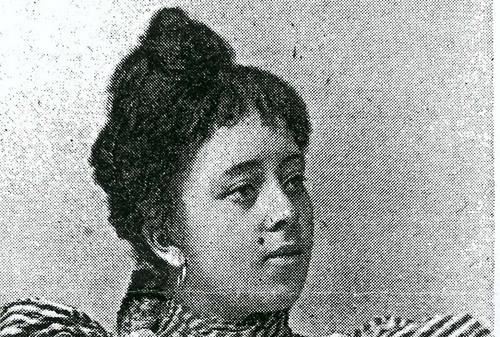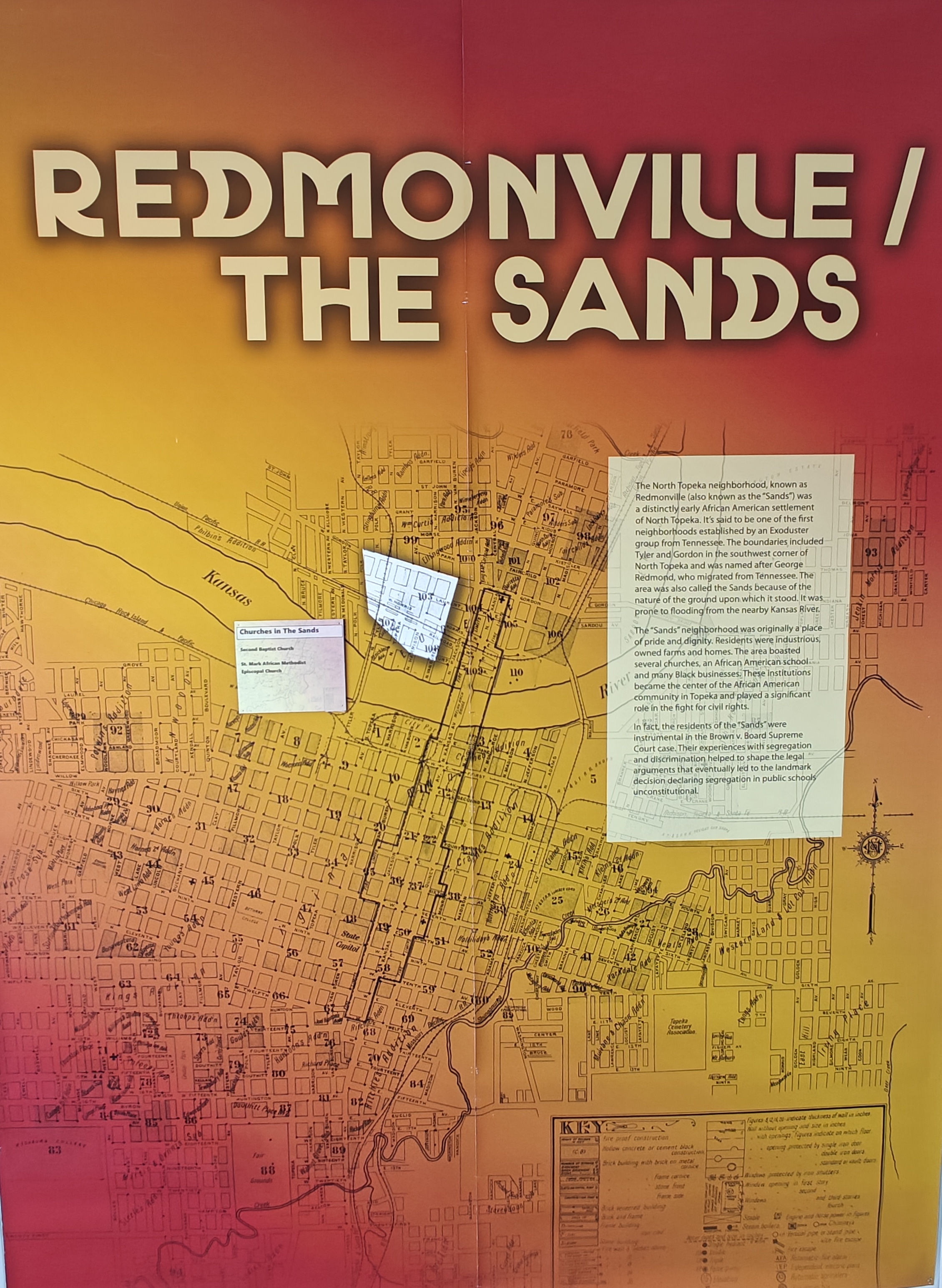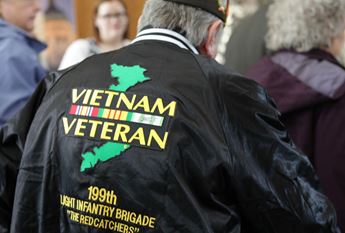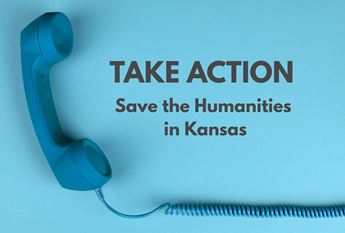

Celebrating Our Stories: Topeka Trailblazers
February 4, 2025
Langston Hughes, literary giant. Gwendolyn Brooks, Pulitzer Prize-winning poet. Aaron Douglas, the Father of African American Art. These famed members of Topeka’s Black community made an indelible mark on history, but the well runs even deeper. There was also Lutie Lytle, who grew up in Topeka and graduated from Topeka High School before becoming the first African American woman to pass the bar in Kansas and Tennessee, as well as one of the first woman law professors in the United States. And, of course, there was Linda Brown and her father, Oliver Brown, whose class-action lawsuit led to the end of segregation in public schools.
These are just a few of the individuals whose stories make up the traveling exhibition Our Stories: African American Topeka Before and After Brown, which took up residence at Great Overland Station in commemoration of the 70th anniversary of the Brown v. Board of Education Supreme Court decision in 2024 and is on exhibition through late April 2025. The exhibition was created by the Black American Blueprint Collective and supported by a Humanities For All Grant.
The culmination of efforts by a team of historians, students, and community members, the Our Stories traveling exhibition weaves together the stories of African American Topeka, past and present.
“One of the things that was lacking in our community was a narrative that brought all the parts—all the neighborhoods—together,” explains Sherri Camp, project director. “There have been movers and shakers…people who have made history, and we have barely touched the surface.”

Photo by Christopher Auner
The exhibition’s unique design captures the intersection of five historically Black neighborhoods, along with the schools, churches, and organizations that defined them, including Black-owned businesses and Colored Women’s Clubs.
Both individual and collective stories are at the heart of the exhibition. The Black community of Topeka, Camp emphasizes, is not a monolith, and the exhibition captures that by spotlighting the varied experiences of its members. “They’re all a piece of the puzzle that is the Black community,” she says.
The Our Stories exhibition is part of larger community efforts to recover and celebrate Topeka’s Black history. As a genealogy librarian, Sherri Camp has a wealth of experience in teaching people how to tell their own stories. She says, “All of our lives touch some place in time, where history comes alive.” By uncovering the connections between neighborhoods and between individuals, the exhibition creates a cohesive community narrative that is crucial to understanding both Topeka’s past and its present.
“When you don’t own your own history, you feel like you’re lost. …Recovering that history helps people feel like a group and gives them the motivation to continually be part of something bigger: the community, the country.”
Our Stories: African American Topeka Before and After Brown will remain open at Great Overland Station until April 2025.
Join the Movement of Ideas
- VISIT Our Stories: African American Topeka Before and After Brown at the Great Overland Station in Topeka through April 2025.
- READ Sherri Camp’s Big Idea about African American genealogy on the HK Kansas Stories blog.
- READ “Remembering the Topeka Bottoms” on the HK Kansas Stories blog.



